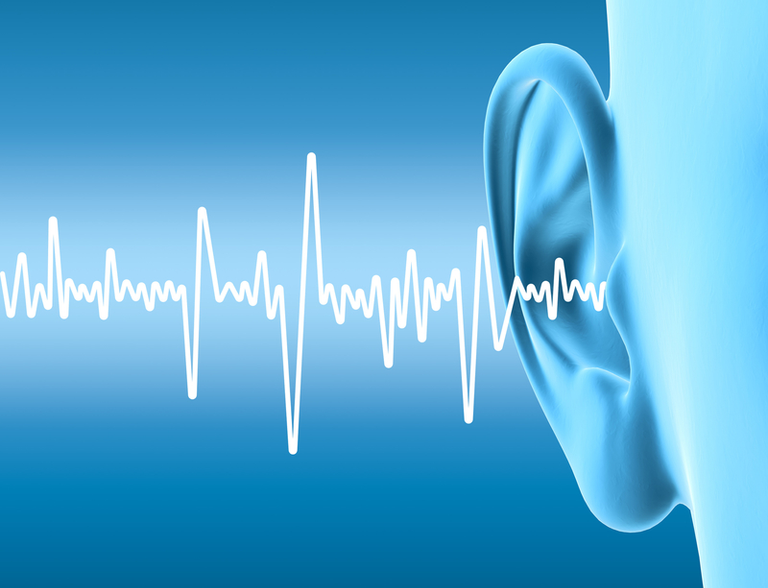Hard of hearing: why increase the sound is not enough


Researchers from Queen's University, led by the Dr. Ingrid Johnsrude, study how our brains are addressing this challenge and allow us to distinguish specific voices in overcrowded, noisy and disturbing environments. His studies have revealed that the brain is not based solely on incoming sounds that reach the ear to understand and retain speech, but also relies on information from other senses and previous knowledge to facilitate understanding.
These results were presented at the 8th annual meeting of the Canadian Association of Neurosciences, held in Montreal, Canada, from May 25 to 28, 2014.
Dr. Johnsrude's studies have exposed the subjects to a degraded or clear discourse in the presence or absence of distraction. By examining the activation of different regions of the brain while subjects were exposed to different listening conditions, Dr. Johnsrude's research revealed that the early treatment of sound, which occurs in a region of the brain called primary auditory cortex, depends on the higher linguistic skills, which are coded in other regions of the brain.
Following a conversation in a noisy environment requires you to ignore the surrounding noises and distractions and focus on a conversational partner. While a clear discourse was understood and memorized, whether the subjects were distracted or not by other tasks, attention proved to be critically important to understand a degraded discourse.
What you hear and understand from a conversation is influenced by what you usually hear, so it will be easier to understand a familiar voice than that of a stranger. This proved particularly true for older adults, who have shown more difficulty in understanding new voices in a cocktail situation as they get older, but have not shown a decrease in the ability to understand familiar voices in the same situation.
"The negative side of aging is well known. As we get older, everything gets worse, says Dr. Johnsrude. "You need glasses, your memory goes, and it's harder to hear when you're converering in a busy place like a restaurant or party, where a lot of people talk at the same time. I found the positive side of aging, that's the experience. " Indeed, the experience of the elderly, as, for example, their familiarity with the voice of their loved one, helps them to compensate for the age-related declines.
In addition, Dr. Johnsrude was able to show that the activation of certain regions of the brain, the cortex sensitive to higher-order speech, could be considered a neural signature of attentive listening. Measuring the effort required to understand speech, using the techniques developed by Dr. Johnsrude, can provide a new way to assess the efficacy and comfort of hearing aids and help researchers maximize the benefits obtained with these devices.
Canadian Association for Neuroscience. "Cocktail party Neuroscience: making sense of voices in a crowd." ScienceDaily, 28 may 2014. Science daily
In light of this study, we understand better than hearing is not just a matter of volume, but also of attention, effort, and superior linguistic skills. These last three points can be greatly improved thanks to a listening program with the Tomatis method.
Therefore, we recommend the method to any person hearing impaired, at any age. In this regard, we invite you to read the testimony of Thérèse.



